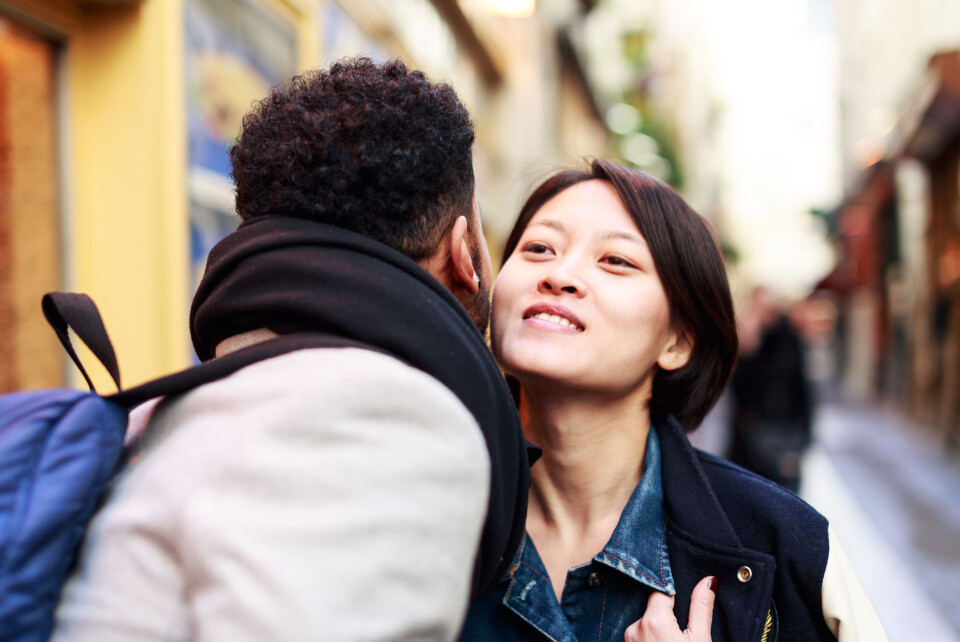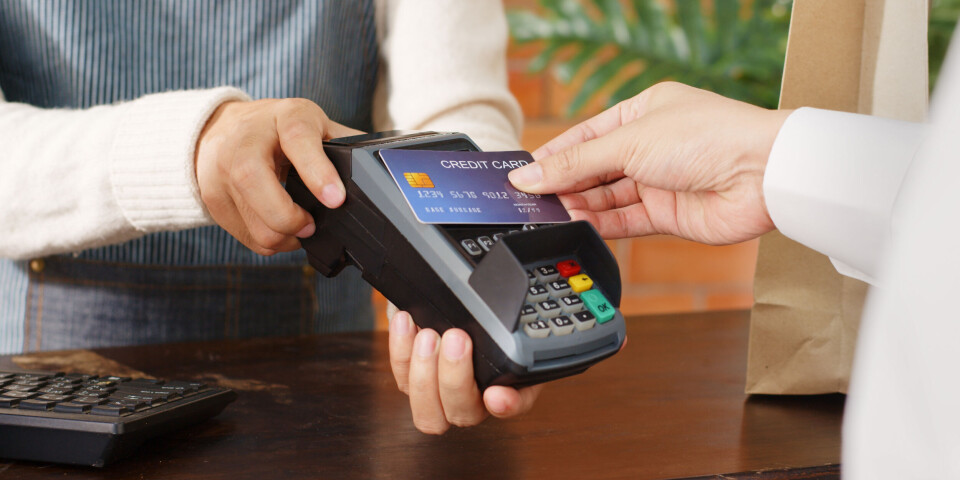-
Is President Macron the problem with France?
Readers write in with their perspectives on the president
-
Why France’s small rural communes still matter
Columnist Nick Inman makes the case against 'Doge-style cost-cutters'
-
Macron, Trump and Davos: how Franco-American relations hit a new low
Renowned political commentator Simon Heffer examines the French president's dilemma
‘Faire la bise? French kiss-kiss greeting forever changed post-Covid’
A minefield for French non-natives and then came the pandemic. Nick Inman wonders if ‘la bise’ is dying out while sociability lives on

Some people loved it; some people hated it; everyone had to do it at the risk of looking antisocial.
You got to the office (or the party, or the choir rehearsal) and you had to kiss everyone there.
It was called la bise – ‘the kiss’ (not to be confused with the ‘French kiss’).
Read more: Which cheek? How many? The truth about bises in France
‘You had to kiss your boss and worst enemy’
Man to man, you could get away with a handshake but it was pretty much the same thing: an act of physical contact to say hello.
It was a ritual of recognition of the other’s presence.
One, two or three pecks on the cheek, according to the region of France you were in.
There were only two ways out of it. The first was to say that you had a cold – but you couldn’t use that excuse too often.
Read more: Non! We French shouldn't have to kiss everyone we meet
The other way was if there were enough people present to form a small crowd.
At some magical number, you were exonerated but no one could ever tell me what the cut-off point was.
I would say it was about 12, but I am no expert. If in doubt, you did the rounds so as not to offend anyone.
Certainly, fewer than 10 and you had no choice. You approached each individual, said bonjour and their name and, if you felt like it, you twinkled your eyes, and then you both smacked the air beside each other’s face.
It took time and sometimes you just didn’t want to do it.
You were not allowed to show favouritism: you had to kiss your boss and worst enemy along with the rest.
Then came the pandemic
You didn’t go into work so you didn’t have to kiss anyone.
And if you did venture out, the last thing you were going to risk was going near another person and physically touching them, even if only for an instant.
Read more: Have Covid and #MeToo killed la bise?
Instead, people wore masks and fled from each other and developed new rituals of recognition.
A bonjour, a nod or a wave worked pretty well but there were other variations, such as the namaste sign of palms pressed together.
Although there were still irrepressible, inveterate, Covid-defying people who tried to kiss, you could swerve out of the way with a comment about erring on the side of caution.
The pandemic abated – although it has not gone away altogether – and the big question is: do we all go back to la bise or let it drop?
Resurrection or retirement for la bise?
It’s not just me agonising about this: it is regularly discussed on national radio and television too.
How are people going to say hello from now on?
Do we return to la bise or is this the moment to dispense with what many people saw as an obligation and a chore?
In my subjective experience, I would say la bise is not going to come back in the same ubiquitous fashion.
For one thing, it must have contributed to the transmission of infectious illnesses.
The most likely scenario is that a hybrid system will emerge.
When two people meet, they will agree on a code between them, just as they decide whether to call each other tu or vous.
“On se fait la bise?” one of them will ask, and the other will either nod or shake their head.
They may make a little joke out of it.
But what if someone lunges at you without asking your permission?
Then, you are on your own. You will have to use your body language to signal how you feel.
Will France be France without the universal bise of greeting?
It won’t be quite the same but I doubt if it will lose its social warmth.
People will still wish bonjour to each other before they say anything else and that is more than I can say for my home country, Britain, where the inhabitants (in general) are much more wary of each other and afraid to encroach on personal space.
Related articles
Could Covid make the French kiss goodbye to workplace 'bise'?
The complex history of love, sex and the French
Five things they don’t tell you about… French attitudes to healthcare
























